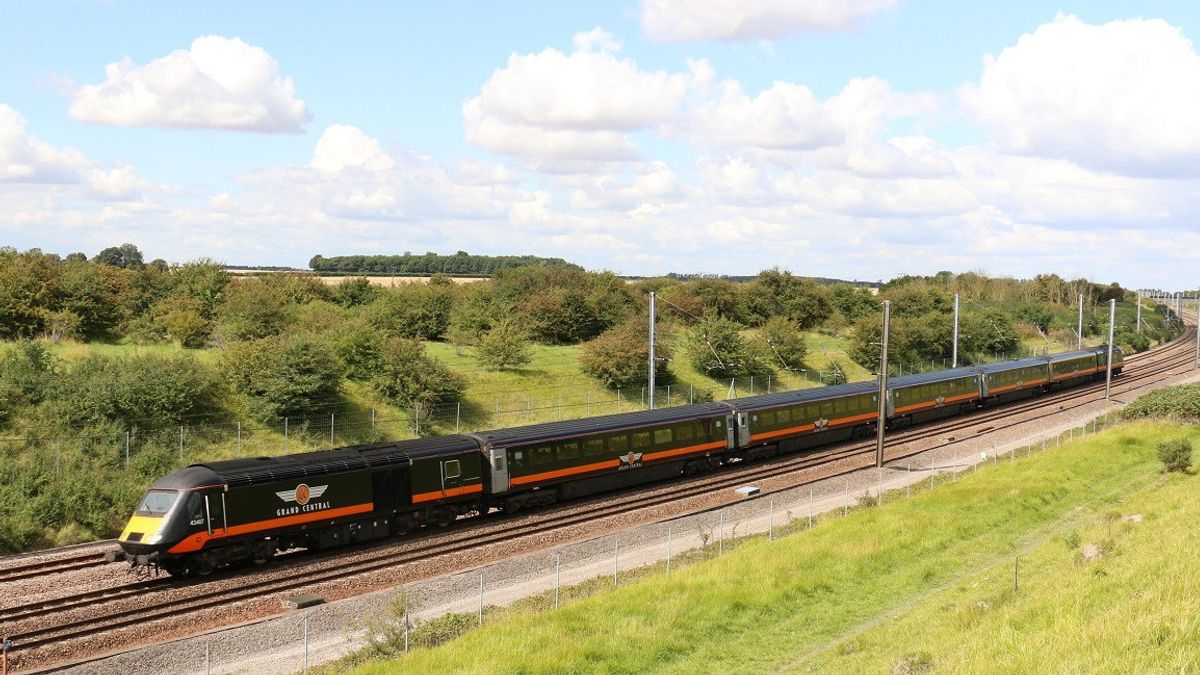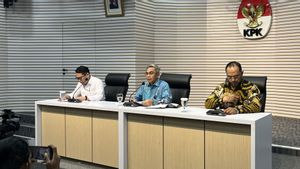JAKARTA - Faster trains, simpler tickets and support for international travel could be on the agenda for Europe's rail network, under a new European Commission proposal.
The planned Trans-European Transport Network (TEN-T) will see new high-speed rail connections built by 2040, cutting travel times on trips, including Budapest to Bucharest, Vigo to Porto and Hamburg to Copenhagen.
Core routes on the TEN-T network will have a minimum speed of 160 km/h for passenger trains and 100 km/h for goods, said the Commission's action plan to improve long-distance rail.
The European Commission also promised "firm action" to simplify the process of booking cross-border rail travel, to make tickets "easier to find and book, and more attractively priced," he said.
"Today's proposal sets European mobility on track for a sustainable future, faster European rail connections with easy-to-find tickets and better passenger entitlements, support for cities to upgrade and improve public transport and infrastructure for walking and cycling, and making the best possible use of solutions for smart and efficient driving," said Frans Timmermans, vice president of the Commission for a European Green Deal, citing Euronews Dec. 15.
In announcing the planned TEN-T network, the Commission acknowledged that progress in increasing the share of rail passenger travel in Europe has been slow to date.

Meanwhile, the number of passenger kilometers traveled by European trains increased from 339.9 billion in 2001 to 407.2 billion in 2018. Meanwhile, the share of rail trips as a whole was barely moving, increasing from 6.7 percent to 6.9 percent. .
In the same period, the share of air travel rose from 6.1 percent to 9.6 percent of all European trips by passenger kilometers. The share of rail travel, which is 81 percent electric in the European Union, must increase if the world is to meet its climate targets, the Commission said.
"Railways are part of the solution, accounting for less than 0.4 percent of transport-related greenhouse gas emissions in the European Union," the proposal explains.
What will change for passengers? If put into practice, the European Commission's "Action plan to improve long-distance and cross-border passenger trains" will bring about real change for passengers and rail companies.
For passengers, tickets could be cheaper, with the European Commission pledging to exempt them from sales tax.
This will build on the example of EU member state Germany, which has lowered the VAT on long-distance train tickets from 19 to 7 percent last year, the Commission said.

The proposal will also tackle the complicated business of booking cross-border rail travel, aiming to change current processes that could force passengers to book separate tickets with each train operator on their journey.
The split ticket could lead to another problem highlighted in the Commission's plans: what happens if someone misses a connecting train?
"Passengers combining multiple trains into one journey must be assured that they will not be stranded if one train is late, regardless of whether tickets are sold as direct tickets or as separate contracts," the action plan said.
As for the railroad company? When it comes to making international rail travel a seamless process, simplifying the passenger experience is only half the battle.
When a train crosses into a neighboring country's rail network, the operator pays an access fee to cover use of the line. Currently, EU law allows infrastructure companies to charge a premium on such access fees, but this may change.
To note, in 2023 the Commission will update its guidelines on how high the cost of lane access is. It will also promote a pilot project to see if cutting costs can improve cross-border rail travel.
Temporary regulations that allow EU countries to reduce or even eliminate lane access fees, brought in as a result of the COVID-19 pandemic, could also be expanded to "improve current charging practices," the Commission said.
The English, Chinese, Japanese, Arabic, and French versions are automatically generated by the AI. So there may still be inaccuracies in translating, please always see Indonesian as our main language. (system supported by DigitalSiber.id)













